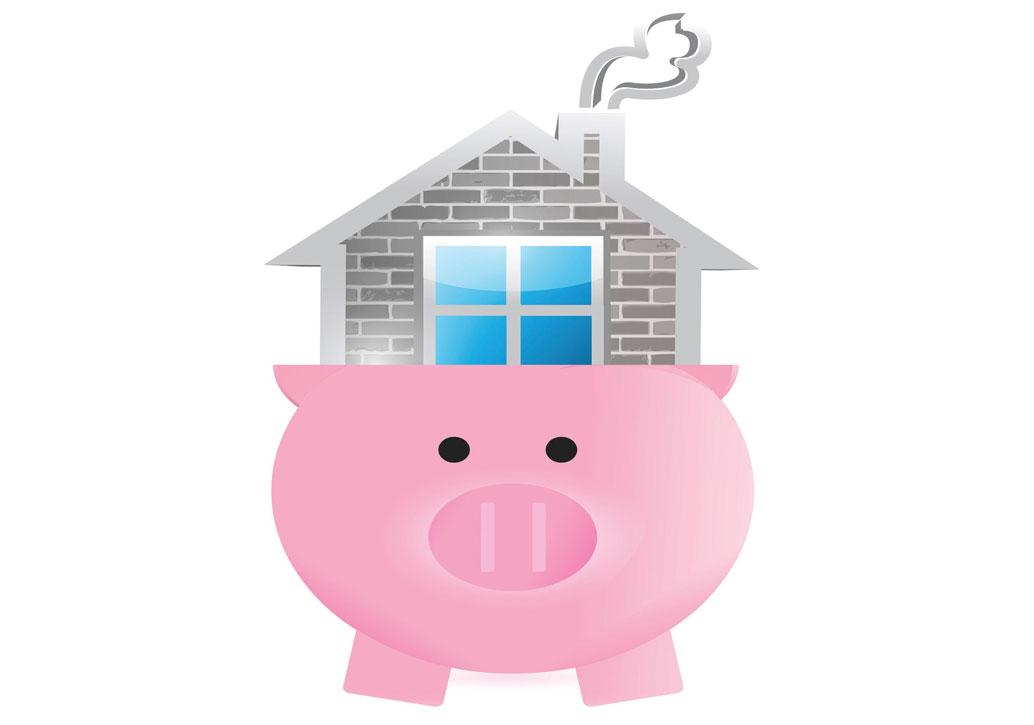How to prevent costly mistakes
By Mary Bart
As well as being a caregiving daughter herself, Ms. Alderson is an author, public speaker, teacher, storyteller, advocate for seniors and a chartered accountant. She worked in England, Australia and Hong Kong before returning to Canada in 2000 to prepare herself for looking after her elderly parents. Here, we summarize her presentation delivered at Ryerson University.
Preventive measures—tips and strategies for safeguarding your money and assets
Linda Alderson, BA, CPA, CA, and author of Let the Records Show.
The presentation was divided into six sections.
1) Be prepared
Begin by having a retirement plan. Where and when are you going to downsize? How many times do you plan on moving? How are you going to fund your retirement?
It is very important not only to have a will and power of attorney (POA), but also to keep all of these documents up to date. For POAs of property, build in a safeguard requiring a financial review every 12–18 months. In addition to personally overseeing this review, get your attorney, accountant, lawyer or financial advisor involved. Don’t be afraid to ask for assistance; there are many skilled, caring people ready to help you.
According to Ms. Alderson, “Being prepared as we age is one of the best ways to protect our dignity, independence and ability to stay included in decisions that concern and affect us. It also ensures fairness to ourselves and to our caregivers, and it helps ensure our security and safety—both physical and financial.”
2) Be organized
A filing system is the suggested tool to keep documents in order. The format doesn’t matter—banker’s box, envelopes or filing cabinet—as long as you use a logical and well-labelled system. Get in the habit of filing all financial information such as bank and investment statements, contracts, insurance policies, debt information, asset/liability inventories and the location of any safety deposit boxes. Review these monthly, before actually filing them. Use joint accounts very sparingly and if more than one beneficiary is named, be clear on the intent and have written documentation supporting your intentions.
Consider downsizing the number of financial institutions you deal with, as well as the number of credit cards and active bank and investment accounts you have. Being organized is one of the best ways to ensure continuity in the running of your affairs (should you need to enact your POA for property); it will also help you to easily and quickly spot any unauthorized or unusual transactions.
 3) Guard your personal information
3) Guard your personal information
Be proactive when it comes to protecting your personal information. Consider doing the following:
• Shred any paper with financial or personal information before disposing of it.
• If you must share your passwords or pass codes, tell this information to only a very few trusted individuals.
• Don’t disclose personal information to strangers over the phone.
• Don’t leave personal information lying out in the open at home, in your car or at your workplace.
• When going on vacation, arrange a stop on your mail or have a trusted friend pick it up regularly.
• When using the internet, transmit personal information only on secure websites (those starting with “https”).
Guarding your personal information reduces the risk that you will become the victim of identity fraud and also limits the opportunities for those around you to inappropriately “borrow” funds.
Limit debt
With Canadians and especially seniors dealing with more debt than ever, it is very important to develop—and sustain—plans for debt reduction or elimination. Problems can arise not just from debts you have incurred, but
also from those of family members or friends. Be very careful when lending money to others: Have the details of the loan witnessed with clear terms for interest, payback and/or debt forgiveness. Here are two scenarios.
Scenario A—Debt free (optimal situation)
• You have no debt and pay off credit cards every month.
• Your cash inflows are greater than your outflows.
Scenario B—Have debts (not optimal, but sometimes unavoidable)
• Have a payback plan, and stick to it.
• Remember: Every dollar saved in loan interest is income earned (tax free).
Limiting your amount of debt, or having no debt, is one of the best ways to ensure that your money continues to work for you and that you can have the retirement of your dreams. It also helps to provide you with a safety net should emergencies arise that require substantial funds.
Spend cautiously
Being a wise and smart consumer helps prevent abuse. Do your homework before purchasing anything (especially large-ticket items) by comparing prices in the newspaper, online and with competitors, and seeking the advice of family and friends. Be very careful about signing contracts: Before you sign, understand the duration, any additional costs and cancellation fees. It’s often useful to have someone else read over the contract for you.
Be leery of offers that say “Today only,” “Too good to pass up,” “Cash only” or “Limited offer.”
Spending cautiously will help stop you from burning through your retirement funds too quickly, and will set a financial pattern that your attorney can follow if necessary.
Keep involved; stay engaged in society
This is perhaps the most important piece of advice, as staying involved and engaged in society is one of the best ways to prevent elder abuse. There are many ways you can keep in touch with the world, such as joining in with retirement-community events, signing up with a club or a hobby group that interests you, volunteering or enrolling for computer and internet classes.
Mary Bart is the chair of Caregiving Matters, an internet-based registered charity that offers education and support to people dealing with the declining health or death of a parent. caregivingmatters.ca













